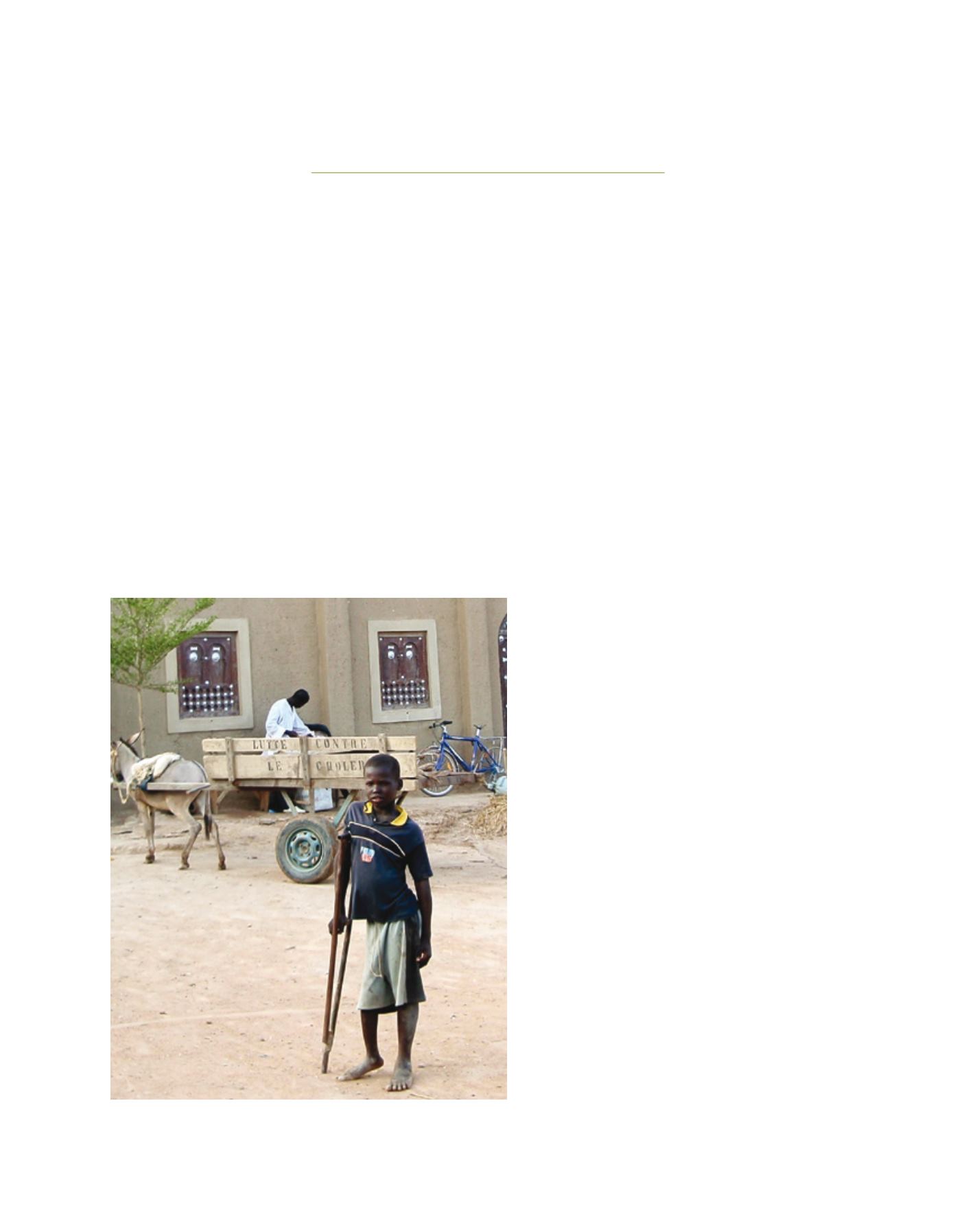

[
] 252
Better late than never
Dr Claudine Brelet, HDR
T
he
Oxford English Dictionary
defines the word ‘coopera-
tion’ as “working or acting together to the same end” for
a common purpose or benefit. Unfortunately, this process
does not always take into account all the cultures involved
or what it means for them, whatever virtuous intentions are
proclaimed. Who can say that most international cooperation
projects to ensure sustainability and poverty eradication respect
local cultural practices and values?
In the water sector, the approach is still too often based only on
hydrological and climatological data, on modelling and engineer-
ing, all relying on the application of scientific and mathematical
principles to practical ends such as the design, manufacture and
operation of efficient and economical structures, machines,
processes and systems. Economy, too, is not sufficient to under-
stand cultural practices linked to water. However
brilliantly designed international cooperation water
projects are, too many have eventually failed to meet
the tangible and intangible needs of local communities
on a long-term basis because they did not integrate
cultural practices linked to water.
Integration means the participation and involve-
ment of all individuals, especially the poor, from the
beginning of a project’s planning process to its manage-
ment, monitoring and maintenance. Achieving true
integration entails valuing the experiences, knowledge
and narratives of women and men who live with and
because of water. Integration also means transparency:
access to clear information is necessary to ensure that
local communities can understand the changes they
may have to face in their traditional lifestyles. It can
also ensure that one interested party will not disadvan-
tage others. It is easy to publish figures and numbers,
but these fail to ensure that a project is successfully
integrated because they do not take into account living
human reality, especially its intangible dimensions. A
common challenge for experts is to translate scientific
terms and concepts in a way that is understandable to
civil society, especially when communities have a life-
style that relies on beliefs that largely differ from those
of modern science.
The modern scientific paradigm does not take into
account the way populations view themselves, their
own paradigm or ‘cosmovision’ that gives a meaning
to their place in the universe and in nature – in
short, their culture. Too often, international experts
forget that the term ‘culture’ does not mean the liter-
ary and artistic achievements of ‘cultured’ elites only.
Culture involves the social, spiritual and technologi-
cal dimensions of human life, learned patterns of
behaviour, thought, normative values, knowledge
– namely a way of life – which for generations have
been shared by the members of a society to meet
its basic tangible and intangible needs. The World
Conference on Cultural Policies
1
adopted the cele-
brated anthropological definition of culture that links
it so irrevocably to development. According to this
definition, culture is “the whole complex of distinc-
tive spiritual, material, intellectual and emotional
features that characterize a society or social group.
It includes not only arts and letters, but also modes
of life, the fundamental rights of the human being,
value systems, traditions and beliefs.”
W
ater
C
ooperation
, S
ustainability
and
P
overty
E
radication
Polyomyelitis and cholera are among the pathogens caused by inappropriate
sanitation measures
Image: C. Brelet


















